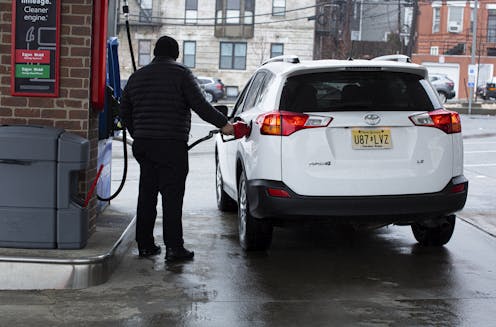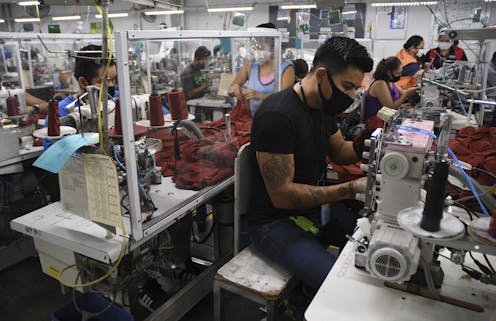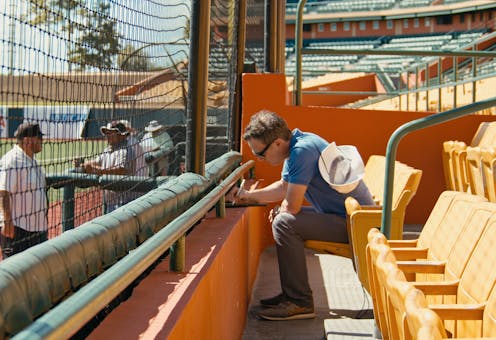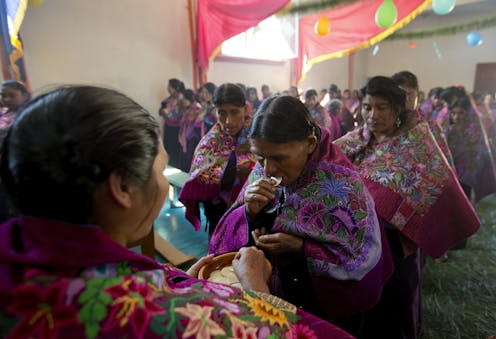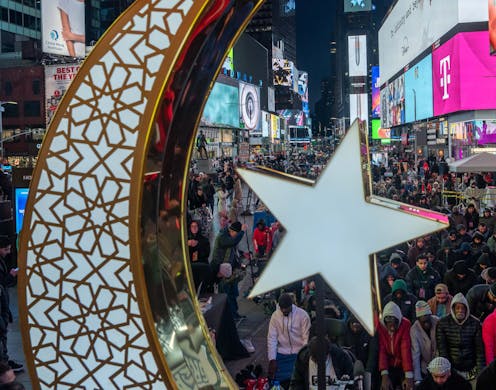A new US-run pier off Gaza could help deliver 2 million meals a day – but it comes with security risks
- Written by Tara Sonenshine, Edward R. Murrow Professor of Practice in Public Diplomacy, Tufts University
 Crew members of the Army ship James A. Loux in Hampton, Va., prepare on March 12, 2024, for the ship to go to the Middle East to build the Gaza pier.Roberto Schmidt/AFP via Getty Images
Crew members of the Army ship James A. Loux in Hampton, Va., prepare on March 12, 2024, for the ship to go to the Middle East to build the Gaza pier.Roberto Schmidt/AFP via Getty ImagesThe U.S. has dispatched eight Army and Navy vessels from Virginia to build a temporary pier off the coast of the Gaza Strip. The aim of this work: to supply food...


